Difference Between Fission and FusionIntroductionStrong hydrogen connections between the particles inside a nucleus cause energy to be produced during the fission and fusion processes, two different types of chain reactions. 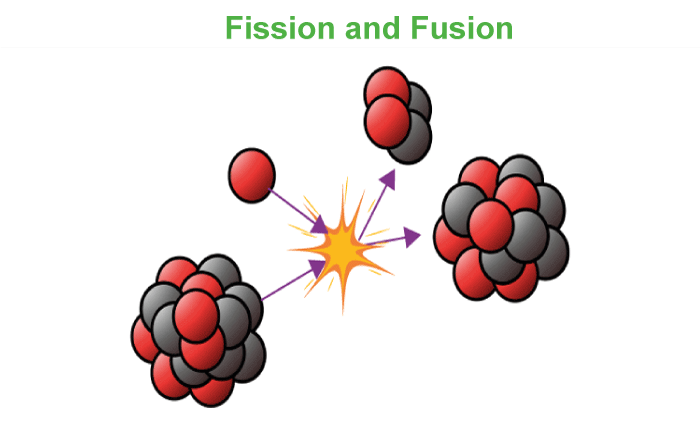
The outcome of these responses is a lot of numerous reactions occurring swiftly and are uncontrolled. These reactions can result in the fusion of light isotopes like hydrogen-3 and hydrogen-2 or the breaking apart of heavy isotopes like uranium-235. Fission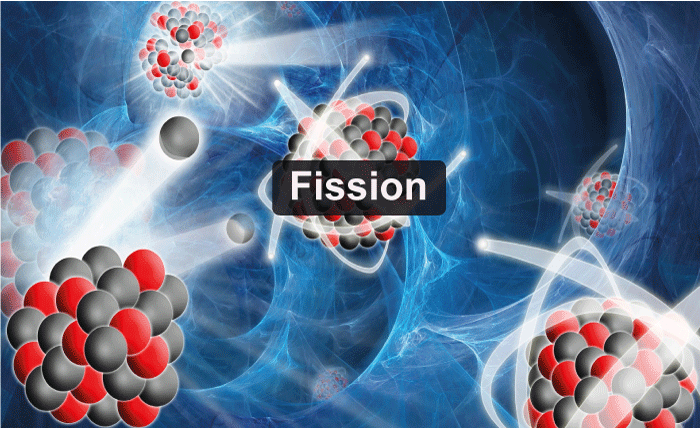
The bombardment of the neutrons by unstable isotopes causes fission reactions. It is quite challenging to regulate these kinds of emotions. Yet, it is far easier to acquire the beginning circumstances. A fission process occurs when an atom separates into two or smaller and lighter atoms. A fission process results in the production of several extremely radioactive particles. Fusion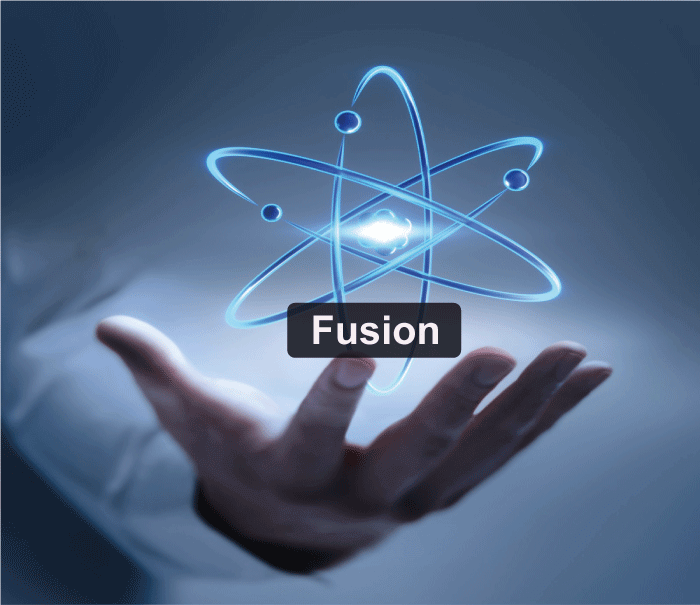
When two or lighter, smaller atoms combine to form a heavier, bigger atom, this is known as a fusion process. A fusion reaction needs a high-density environment and high temperature. It takes a tremendous amount of energy to produce this reaction. Nonetheless, the energy released in this process is 3-4 times more than the energy released in a fission reaction. Fission and Fusion: Differences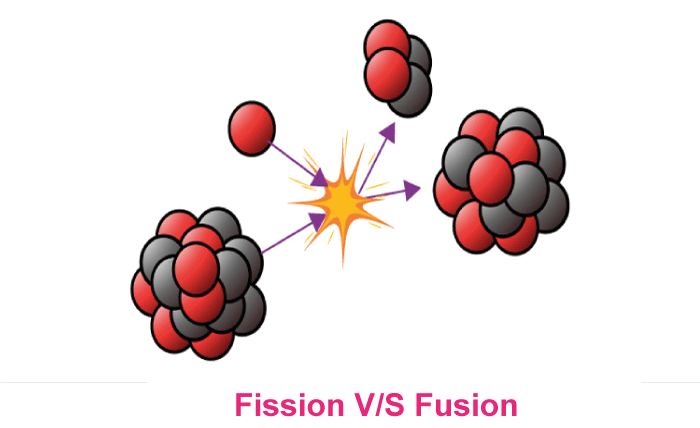
Nuclear Fusion Has a Benefit Over Nuclear Fission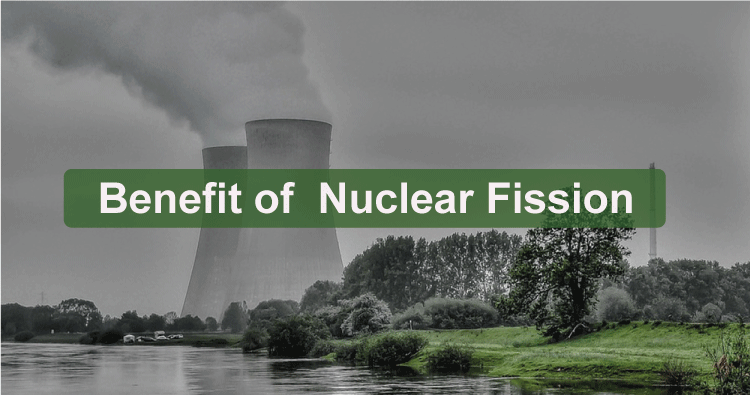
ConclusionNuclear reactions that can create energy include fusion and fission. Fusion is joining two smaller nuclei to form a bigger nucleus, whereas fission is splitting into two of a large, unstable nucleus. Fission and Fusion: Commonly Asked QuestionsQuestion 1: How does nuclear fission work? Answer: Nuclear fission is a kind of nuclear process in which a nucleus splits into two nuclei. Question 2: What different nuclear reactions are there? Answer: The many nuclear reactions include the following:
Question 3: What exactly is nuclear power? Answer: Nuclear fusion and nuclear fission are two examples of nuclear processes that release energy. Question 4: A nuclear fusion reaction: what is it? Answer: A nuclear event called nuclear fusion occurs when two lighter nuclei join together to generate a heavier one. Question 5: Which kind of reaction is employed by nuclear reactors to produce electricity? Answer: Nuclear fission processes produce electricity in nuclear reactors.
Next TopicDifference between
|
 For Videos Join Our Youtube Channel: Join Now
For Videos Join Our Youtube Channel: Join Now
Feedback
- Send your Feedback to [email protected]
Help Others, Please Share









